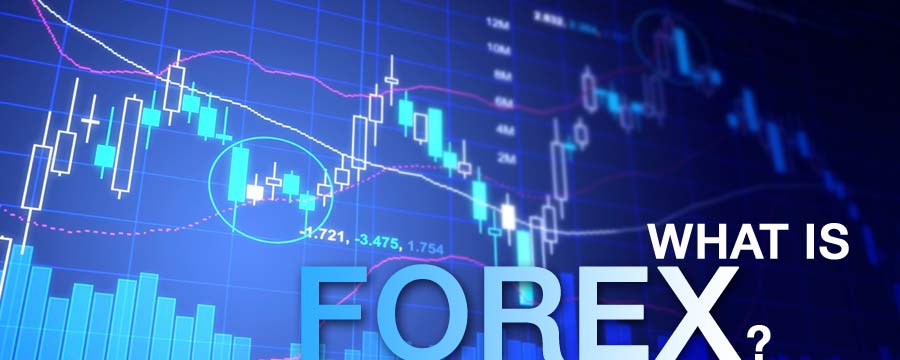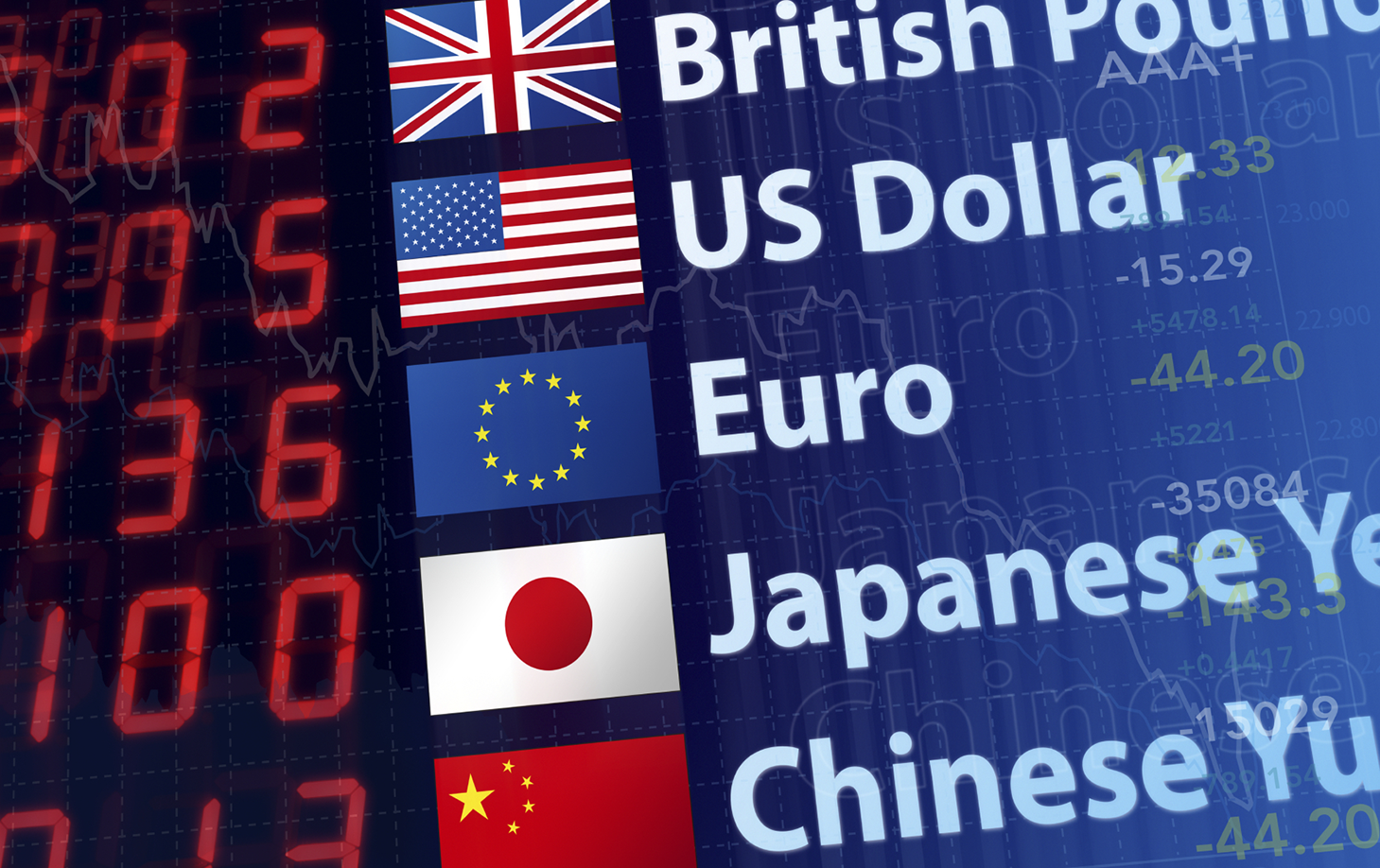Foreign exchange market is a place where the currencies of two nations are traded between two parties. The two parties could be citizens of two different countries or even people belonging to the same country. In some cases, it could even be an agency transaction where an individual sells or buys foreign currency in return for national currency. However, at all points of time there will be two different currencies being bought or sold. A transaction which does not involve two different currencies cannot be called a foreign exchange transaction.

Foreign exchange as a speculative business
Exchanging currency is a profitable business for someone who knows how the world market operates. The person must have a clear idea of economic policies that are taken at a micro and macro level of an economy. Foreign currency trade is not a betting or gambling activity, instead it is a recognized form of speculative business where definite rules and policies are applied consistently. In fact, there is greater control for foreign currency trade than in any other business forms, since the risk of black money and counterfeiting is very high.
For a beginner, the terms and practices followed routinely in a foreign exchange transaction can appear to be complex and mind boggling. Unless one has an idea of national economics and how banks operate, exchanging currency is going to be a business that will be difficult to understand. However, for an investor the proposition is not so difficult. With a minimal amount of investment, it is possible to start a foreign exchange business that will grow in profitability with time.
Questions to ask yourself before getting into forex trade
-
Do complex finance and banking terminologies confuse or excite you? (Get into the trade only if the latter happens).
-
Do you have a basic understanding of nations and their economic policies?
-
Are you good with basic math and computations? (One of the essential traits of a successful trader is the ability to crunch numbers with ease)
-
Are you someone who can afford to take risks based on uncertain and volatile economic conditions?
-
Is your appetite for learning unconditional and limitless?
If you answered in the assertive to at least three out of five of the above questions, then you are well ahead in the path of becoming a successful trader. On the flip side, it will be better to change sails when the winds are not strong.

